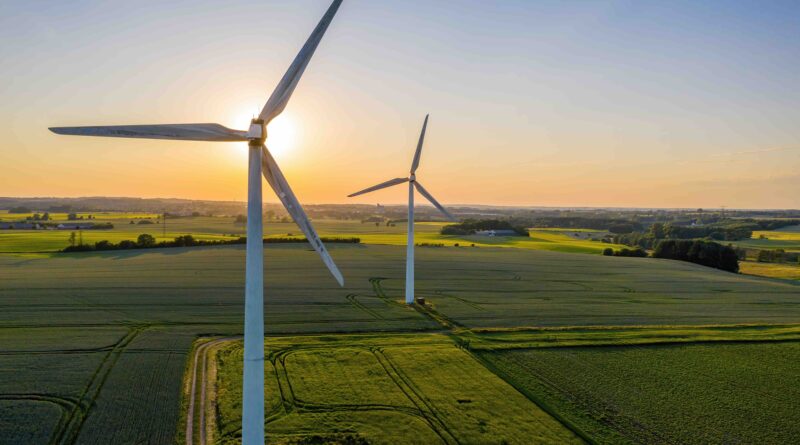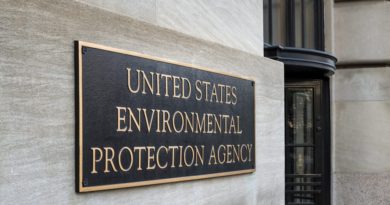U.S. Department of Energy Commits $100 Million to Combat Climate Change Through Sustainable Products
In hopes of combating the climate crisis and furthering the use of clean energy the U.S. Department of Energy (DOE) under the Biden-Harris Administration has announced a substantial allocation of $100 million from the Investing in America agenda.
According to the Solar Quarter, The initiative aims to accelerate the adoption of cutting-edge carbon management technologies by creating a market for eco-friendly alternatives in fuels, chemicals, and building materials sourced from captured emissions from industrial and power generation facilities. With this landmark investment, the Biden-Harris Administration is further reinforcing its commitment to address the global climate crisis and promote a cleaner, more sustainable future.
U.S. Secretary of Energy Jennifer M. Granholm lauded the initiative, stating, “President Biden’s Investing in America agenda is helping transform harmful pollutants into beneficial products. The funding announced today will scale up carbon management technology, lowering costs, and increasing access to clean energy. State and local grants, made possible through the Bipartisan Infrastructure Law, will help demonstrate the economic viability of innovative technologies, resulting in huge net reductions in lifecycle greenhouse gas emissions, while bringing new, good-paying jobs and cleaner air to communities nationwide.”
The program is strategically designed to incentivize states, local governments, and public utilities to procure products made from converted carbon emissions, driving substantial reductions in greenhouse gas emissions. By promoting and deploying more sustainable product alternatives, the initiative seeks to lessen environmental and health risks associated with global warming.
Under the Carbon Utilization Procurement Grants program, funded by the Bipartisan Infrastructure Law and managed through DOE’s Office of Fossil Energy and Carbon Management (FECM), eligible entities will receive support amounting to 50% of the costs incurred in procuring and using products developed through the conversion of captured carbon dioxide and carbon monoxide emissions. These products must demonstrate a significant net reduction in greenhouse gas emissions compared to existing alternatives, as determined by rigorous life cycle analyses (LCA) conducted and approved by DOE’s National Energy Technology Laboratory (NETL).



